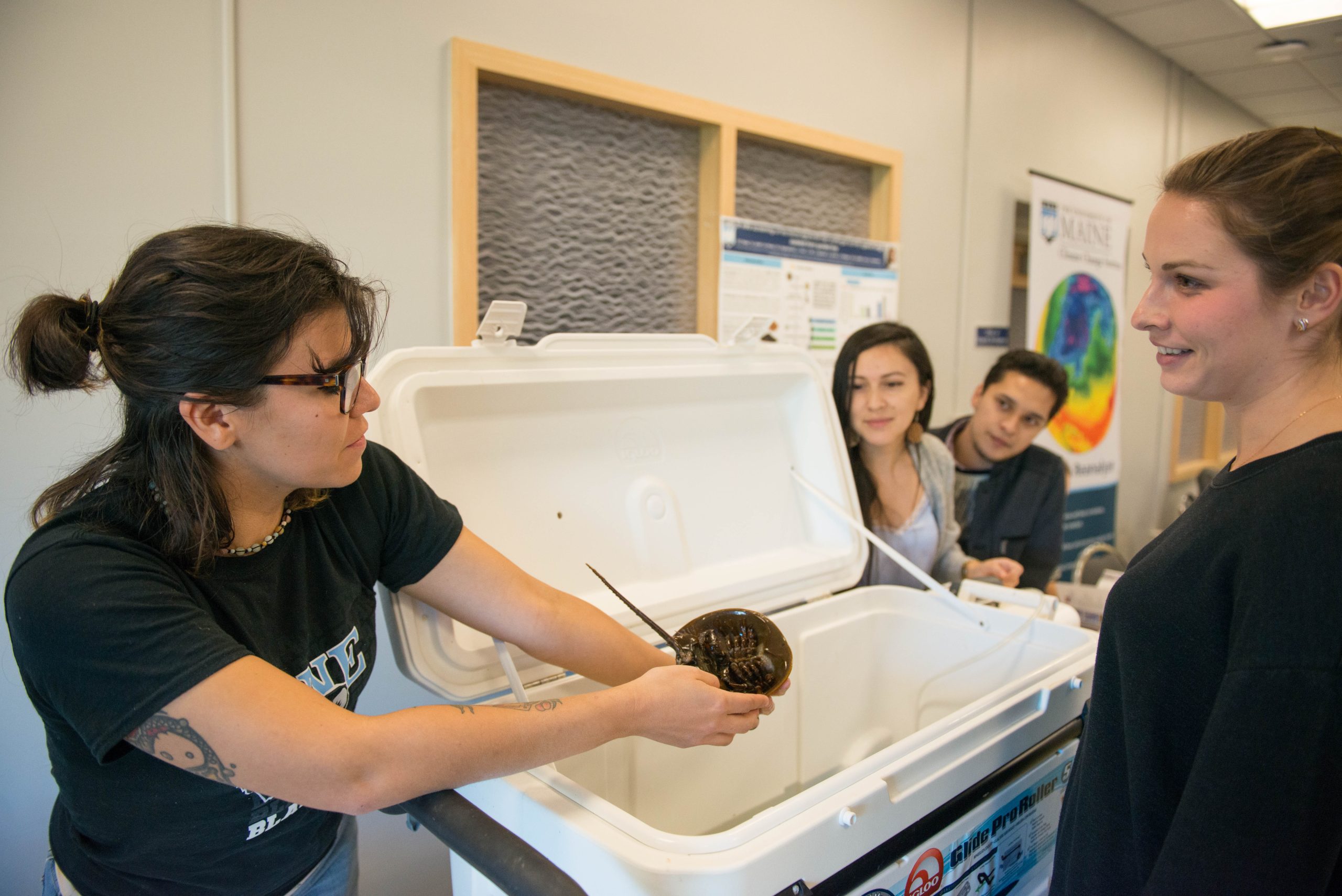
CUGR Announces 2024-25 MSGC Graduate Academic Year Fellowship Recipients
The University of Maine’s Center for Undergraduate Research (CUGR) has announced the 2024-25 CUGR and Maine Space Grant Consortium (MSGC) academic year graduate fellowship winners.
The CUGR Research and Creative Activities fellowships were developed to enhance and increase undergraduate and graduate student involvement in faculty-supervised research and are supported through the office of the Vice President for Research. Each fellowship provides $6,000 per graduate student for costs associated with the project.
The 2024-25 Academic Year MSGC Graduate Research Fellowship awards help provide research opportunities to undergraduate and graduate students in aerospace technology, space science, human exploration and space development, Earth science and other science- or engineering-related fields. The focus of proposed projects funded by the fellowships must be aligned with the research priorities of NASA’s Earth and space science strategic enterprises.
This year’s recipients are:
2024-25 Academic Year CUGR Research and Creative Activities Fellowship
- Wilder Baldwin, Computer Science, “Privacy Stories: Inferring and Generating Privacy Design Solutions Pre-Development,” Advised by Sepideh Ghanavati
- Allie Conner, Microbiology, “Mechanisms of Bacterial-Drug Synergy Against Candida,” advised by Robert Wheeler
- Dylan Freeman, Mechanical Engineering, “Design of Wind Wall Disturbance System for Aerial Vehicle Dynamics Testing,” advised by Ahmed Aboelezz
- Brenda Jones, Physics, “Analysis of the High Redshift MBH-M* Relationship and Its Implications on Supermassive Black Hole Seeding Models,” advised by David Batuski
- Ingalise Kindstedt, Earth and Climate Sciences, “Glacier surface melt production and firn water retention across the St. Elias Range (Yukon, Canada),” advised by Karl Kreutz and Dominic Winski
- Wyatt Stanley, Earth and Climate Sciences, “Investigating Snowpack Dynamics in Temperate Regions: Integrating High Accuracy LiDAR Snow Surveys,” advised by Seth Campbell
